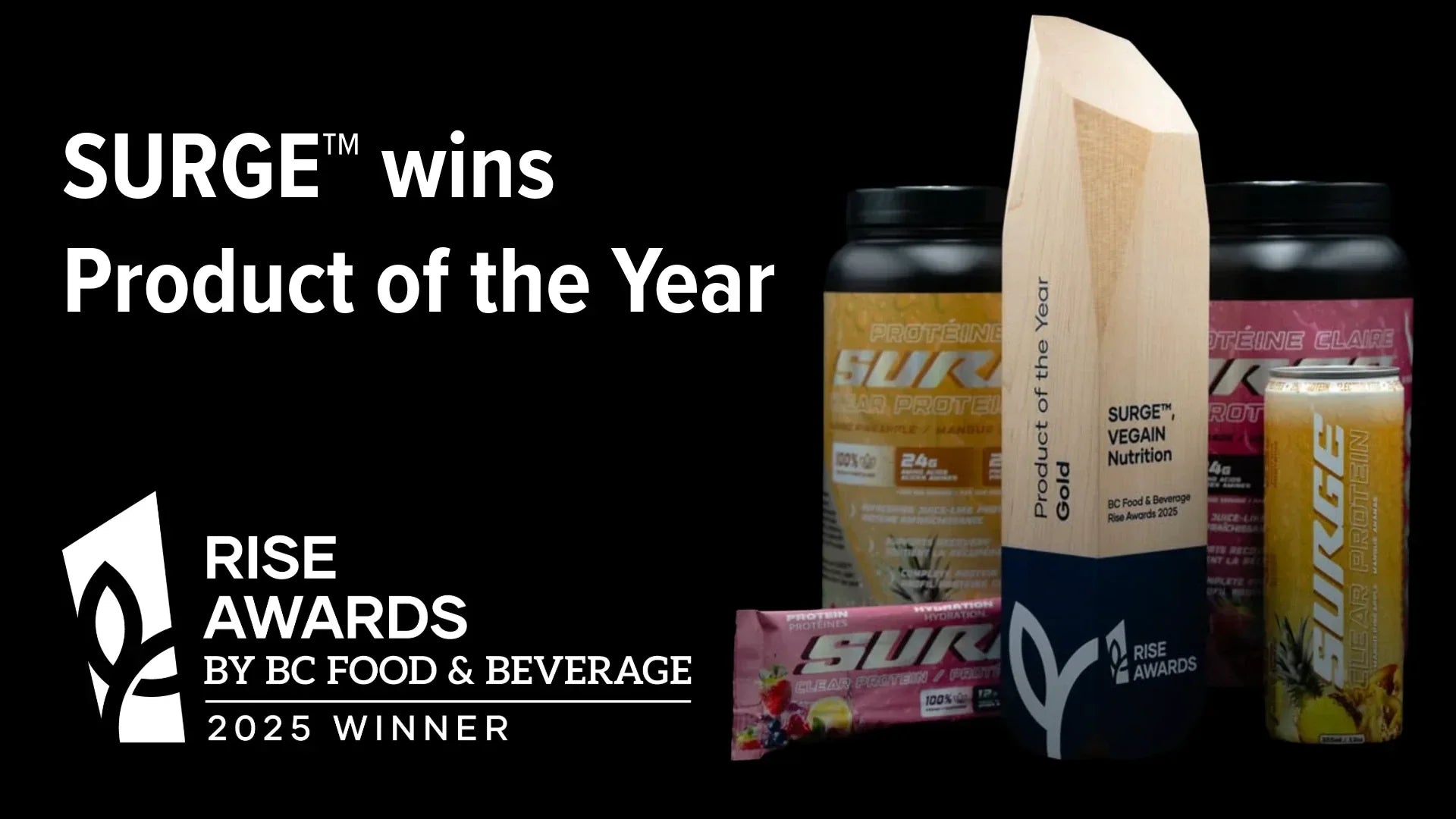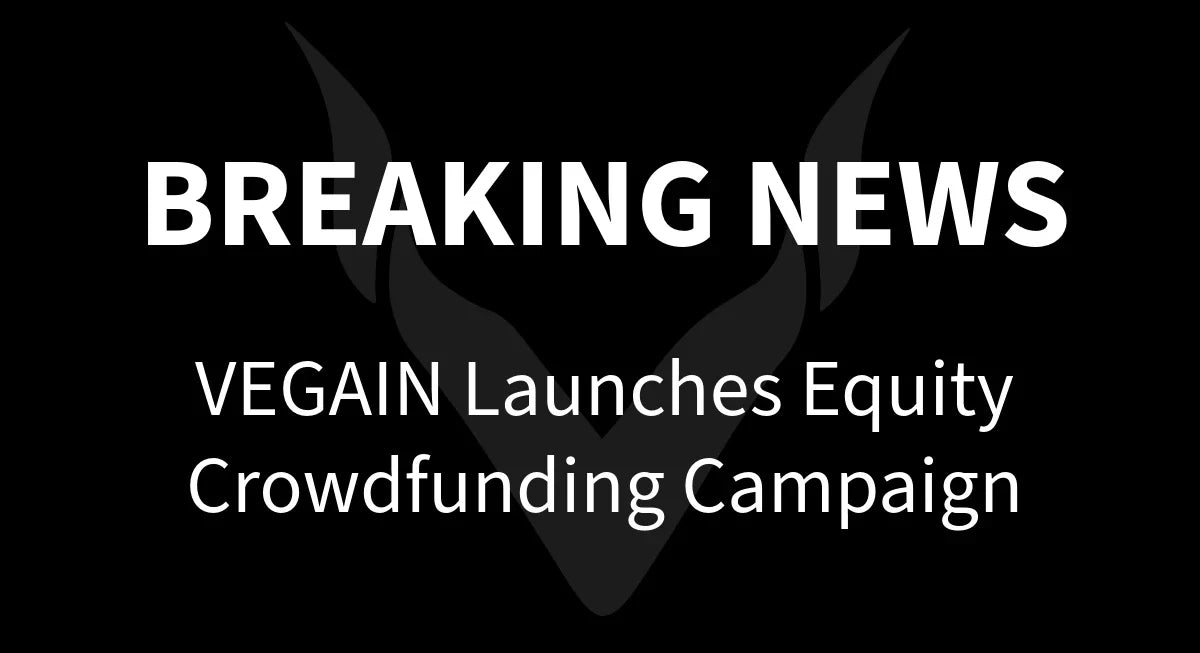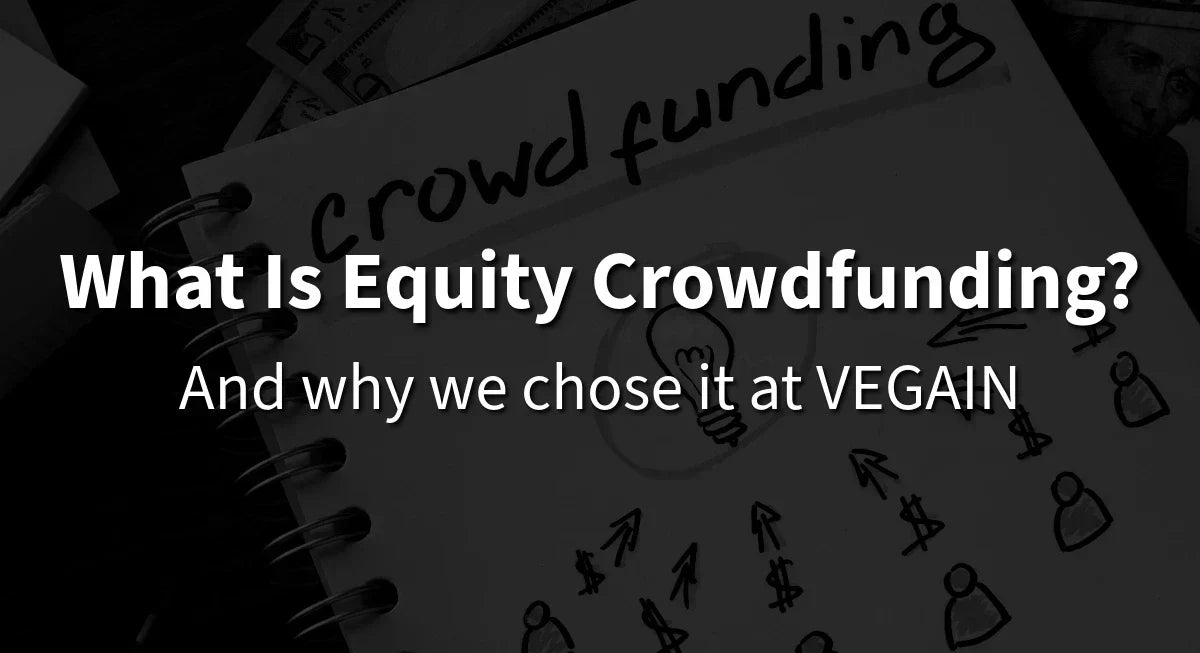Demystifying Supplementation: Age, Nutrients, and Finding the Balance
As we journey through life, our nutritional needs evolve. From the rapid growth phases of childhood to the metabolic shifts of middle age and the unique requirements of our senior years, our bodies demand different nutrients in varying amounts. A whole food diet, rich in diverse natural foods, is the foundation of good health. However, even the most well-planned diets can sometimes fall short, especially as age-related changes affect our ability to absorb and utilize certain nutrients.
For instance, age-related macular degeneration (ARMD), a leading cause of visual loss in older adults, has been linked to nutritional deficiencies. Research has explored the role of antioxidants and micronutrients in preventing the progression of ARMD, emphasizing the potential benefits of targeted supplementation1. Similarly, in the realm of bone health, phosphorus is a vital nutrient. Yet, as we age, our ability to absorb and utilize phosphorus can be compromised, leading to skeletal disorders. Studies on broiler chickens, for example, have highlighted the benefits of phosphorus supplementation in diets to improve bone quality2.
Moreover, the type of protein we consume can have different impacts based on our age and the duration of consumption. A study on mice revealed that younger mice responded differently to whey protein in their diets compared to older mice, suggesting that age and prior dietary history play roles in how our bodies metabolize nutrients3.
So, what does this mean for us? While a whole food diet is essential, there are periods in our lives when supplementation can be beneficial, if not crucial. It's about understanding our bodies, recognizing the signs of nutritional gaps, and taking informed steps to address them. As we age, being proactive about our nutrition can make all the difference in maintaining our health and vitality.
1. The Basics of Supplementation
Supplementation refers to the intake of vitamins, minerals, and other essential nutrients in the form of pills, powders, or liquids to complement one's diet. The primary goal is to address potential deficiencies that might arise from our daily food intake. For instance, someone not consuming enough calcium-rich foods might take a calcium supplement to meet their daily requirement.
2. Why Everyone Might Need Supplements
- Varied Diet Challenges: Even with a diverse diet, it's possible to miss out on certain nutrients due to soil depletion, food processing, and cooking methods that can strip foods of their nutritional value1.
- Lifestyle Factors: Stress, smoking, and excessive alcohol consumption can increase our body's demand for specific nutrients.
- Medical Conditions: Certain health issues and medications can interfere with the body's ability to absorb or utilize nutrients.
- Age-Related Changes: As we age, our body's ability to absorb certain nutrients diminishes. For instance, older adults might require more vitamin D than younger individuals due to decreased skin's ability to synthesize it from sunlight. Similarly, the absorption efficiency of vitamins like B12 can decrease with age, necessitating higher dietary intake or supplementation.
3. The Vegan Perspective
Vegan diets, which exclude all animal products, can be incredibly healthful and nutritionally adequate. However, there are certain nutrients that vegans might be at risk of not getting enough of:
- Vitamin B12: Naturally found in animal products, B12 is crucial for nerve function and the formation of red blood cells. Vegans can opt for B12-fortified foods or supplements2.
- Iron: While plant-based foods like lentils and spinach contain iron, it's non-heme iron, which is less readily absorbed by the body than the heme iron found in animal products. Consuming vitamin C-rich foods can enhance absorption, but some vegans might still benefit from an iron supplement2. Our V-POWER Protein Powder, as an example, has a 44% of your daily iron needs per scoop. Be sure you are getting the right amount of nutrients you need.
- Omega-3 Fatty Acids: Essential for brain health, the primary sources of omega-3s are fish and fish oils. Vegans can opt for algae-based omega-3 supplements2.
- Vitamin D: Often dubbed the "sunshine vitamin," it's challenging for many people, vegan or not, to get enough, especially in winter months. While there are vegan vitamin D supplements derived from lichen, it's also beneficial to get some sun exposure when possible3.
4. Plant-Based Supplement Options
The good news is that the supplement industry and retailers alike have recognized the growing demand for plant-based options. Whether it's gelatin-free capsules, non-animal-derived ingredients, or organic formulations, there's a plethora of vegan supplements available in the market today.
5. No Quick Fix
Supplementation plays a pivotal role in modern nutrition, helping individuals optimize their nutrient intake and address specific dietary concerns. That being said, they are not a substitute for a balanced diet. It's always best to aim to get as many nutrients as possible from whole foods. For omnivores, vegetarians and vegans alike, understanding the potential gaps in your diet and how to address them with supplements can pave the way for a healthful and nutritionally robust lifestyle.
To a prosperous, healthy life!
Footnotes
- Antioxidant supplements in age-related macular degeneration: are they actually beneficial?
- Efficacy of Various Feed Additives on Performance, Nutrient Digestibility, Bone Quality, Blood Constituents, and Phosphorus Absorption and Utilization of Broiler Chickens Fed Low Phosphorus Diet
- Age‐ and duration‐dependent effects of whey protein on high‐fat diet‐induced changes in body weight, lipid metabolism, and gut microbiota in mice
- The Effects of Vegetarian and Vegan Diet during Pregnancy on the Health of Mothers and Offspring
- Knowledge, Attitudes and Application of Critical Nutrient Supplementation in Vegan Diets among Healthcare Professionals
- Vegan diet as a possible cause of mental and physical disorders due to vitamin B12 deficiency in an adolescent patient







Leave a comment
This site is protected by hCaptcha and the hCaptcha Privacy Policy and Terms of Service apply.